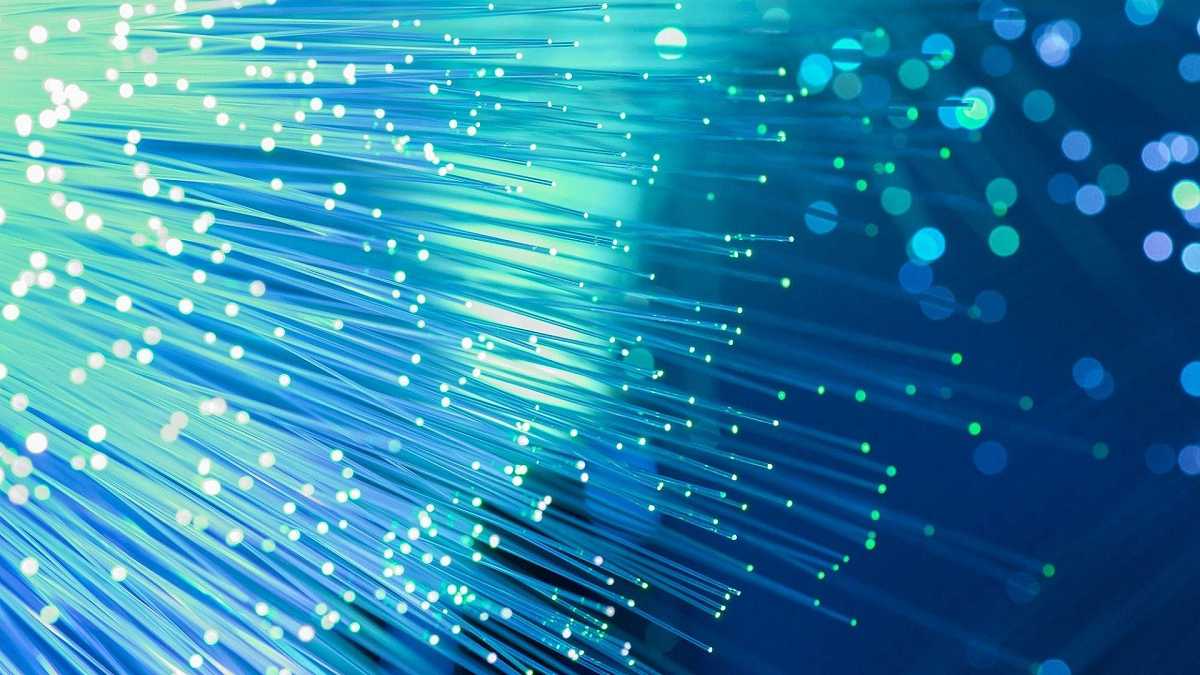Introduction to the Technological Revolution
As we dive headfirst into the 21st century, there is no denying that we are in the midst of a technological revolution. Technology has infiltrated every aspect of our lives, from the way we work to the way we communicate, and it shows no signs of slowing down. In this article, I will explore the impact of technology on various industries, the benefits and drawbacks it brings, the role of artificial intelligence, predictions for the future, and the ethical considerations that come with this revolution. Join me as we unravel the intricate ways in which technology is shaping our future.
The Impact of Technology on Various Industries
Technology has had a profound impact on various industries, revolutionizing the way we operate and transforming the world as we know it. In the healthcare sector, for instance, advancements in technology have led to improved diagnostics, more effective treatments, and better patient care. Telemedicine, for example, allows patients to consult with doctors remotely, breaking down barriers to healthcare access. Similarly, technology has disrupted the transportation industry with the rise of ride-sharing platforms and autonomous vehicles, changing the way we travel and reducing congestion on our roads.
The entertainment industry has also been greatly influenced by technology. Streaming platforms have revolutionized the way we consume media, giving us instant access to a vast array of content. Additionally, virtual reality and augmented reality technologies have opened up new possibilities for immersive experiences in gaming and entertainment. Technology has even made its mark on the agricultural sector, with precision farming techniques that utilize drones and sensors to optimize crop yields and reduce environmental impact. The impact of technology on various industries is far-reaching and continues to shape our future.

Technological Advancements that are Shaping Our Future
The rapid pace of technological advancements is constantly reshaping our future. One such advancement is the Internet of Things (IoT), which connects devices and objects to the internet, allowing them to communicate with each other. This has given rise to smart homes, where appliances can be controlled remotely and interconnected to create a seamless living experience. Another noteworthy advancement is blockchain technology, which offers secure and transparent transactions, revolutionizing industries such as finance and supply chain management.
Artificial intelligence (AI) is another technological advancement that is revolutionizing the way we live and work. AI-powered systems have the ability to learn and adapt, making them capable of performing complex tasks that were once exclusive to humans. From virtual assistants like Siri and Alexa to self-driving cars, AI is becoming an integral part of our daily lives. Machine learning, a subset of AI, is also transforming industries by analyzing massive amounts of data to uncover patterns and make predictions, leading to more informed decision-making.
The Benefits and Drawbacks of Technology in Our Lives
While technology brings a multitude of benefits, it also comes with drawbacks that we must be mindful of. On the positive side, technology has greatly improved our productivity and efficiency. With the advent of smartphones and laptops, we can now work remotely, breaking free from the constraints of traditional office spaces. Communication has also been revolutionized, allowing us to connect with people across the globe instantaneously. Additionally, technology has opened up new opportunities for education, enabling online learning and access to vast knowledge resources.
However, technology also poses challenges such as the erosion of privacy. With the prevalence of social media and online platforms, our personal information is more vulnerable than ever. Cybersecurity threats are a constant concern, with hackers exploiting weaknesses in our digital infrastructure. The overreliance on technology has also led to a sedentary lifestyle, contributing to the rise of health issues such as obesity and decreased human interaction. It is essential that we strike a balance and use technology responsibly to harness its benefits while mitigating its drawbacks.
The Role of Artificial Intelligence in the Technological Revolution
Artificial intelligence is at the forefront of the technological revolution, playing a pivotal role in shaping our future. AI systems have the ability to process massive amounts of data and make predictions, enhancing decision-making processes across various industries. In the healthcare sector, AI is being used to analyze medical records and assist in diagnoses. In the financial industry, AI algorithms are used to detect fraudulent transactions and make investment recommendations. AI-powered chatbots are also increasingly being employed in customer service, providing instant and personalized assistance.
However, the rise of AI also brings ethical considerations that must be addressed. As AI becomes more sophisticated and autonomous, questions arise about accountability and the potential for bias. There is a need for transparency and regulation to ensure that AI is developed and deployed in an ethical manner. Additionally, the displacement of jobs by AI-powered automation raises concerns about the future of work. It is imperative that we navigate these challenges to harness the full potential of AI while safeguarding against its unintended consequences.
The Future of Technology: Predictions and Possibilities
As we gaze into the future, the possibilities that technology holds are both exciting and daunting. One prediction is the continued integration of technology into our daily lives, with the proliferation of smart devices and the Internet of Things. We can expect further advancements in AI, with the potential for machines to surpass human intelligence in certain areas. The healthcare industry may witness breakthroughs in personalized medicine and gene editing, revolutionizing treatment options. Virtual and augmented reality technologies are likely to become even more immersive, transforming the way we experience entertainment and education.
However, the future of technology also presents challenges and uncertainties. The ethical implications of emerging technologies, such as genetic engineering and AI, must be carefully considered. Socioeconomic inequalities may widen with the digital divide, as those without access to technology are left behind. The future of work may undergo significant transformations, with automation replacing certain job roles. It is crucial that we proactively address these challenges, collaborating across disciplines and embracing a human-centric approach to technology.

How Technology is Changing the Way We Work and Communicate
Technology has revolutionized the way we work and communicate, breaking down barriers and enabling us to connect and collaborate like never before. Remote work has become increasingly prevalent, with advancements in technology allowing us to work from anywhere in the world. Virtual meetings and video conferencing platforms have made it possible to connect with colleagues, clients, and friends across geographical boundaries. Collaboration tools such as project management software and cloud storage have streamlined workflows and enhanced productivity.
The way we communicate has also undergone a transformation. Social media platforms have revolutionized the way we share information and connect with others, giving individuals and businesses a global voice. Instant messaging apps have made communication instantaneous, allowing us to stay connected with friends and family in real-time. However, it is important to be mindful of the potential pitfalls of excessive screen time and the impact it can have on our mental health. Finding a healthy balance is key to leveraging technology for effective communication while maintaining meaningful human connections.
Ethical Considerations in the Technological Revolution
As technology advances, ethical considerations become increasingly important. The collection and use of personal data raise concerns about privacy and consent. Companies must be transparent about how they collect and utilize data, ensuring that individuals have control over their own information. Additionally, the development of AI must be guided by ethical principles to prevent the perpetuation of bias and discrimination. There is a need for responsible and accountable practices to ensure that technology is used for the betterment of society as a whole.
Furthermore, the impact of technology on the environment cannot be ignored. The production and disposal of electronic devices contribute to e-waste, which poses environmental and health hazards. It is crucial that we explore sustainable alternatives and adopt responsible practices to mitigate the negative environmental impact of technology. By embracing ethical considerations, we can ensure that the technological revolution is not only beneficial but also sustainable and equitable.
The Role of Governments and Regulations in the Technological Revolution
In the face of the technological revolution, governments play a crucial role in shaping policies and regulations. It is essential that governments keep pace with technological advancements and establish frameworks that promote innovation while safeguarding the interests of their citizens. Regulation is necessary to address concerns such as data privacy, cybersecurity, and the ethical implications of emerging technologies. Collaboration between governments, industry leaders, and academia is key to developing effective regulations that foster innovation, protect individuals, and promote societal well-being.
Furthermore, governments have the responsibility to bridge the digital divide and ensure equitable access to technology. This includes investing in infrastructure to provide reliable internet connectivity in remote areas, as well as promoting digital literacy programs to empower individuals with the skills needed to navigate the digital landscape. By taking an active role, governments can ensure that the benefits of the technological revolution are accessible to all, creating a more inclusive and equitable society.



